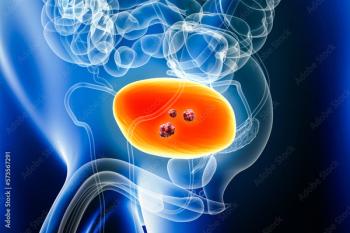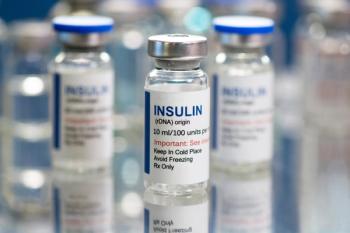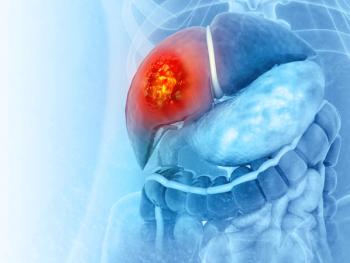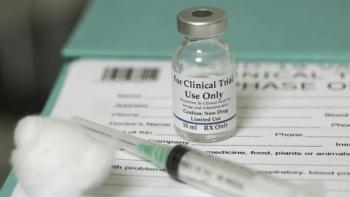
Heidi De Souza, MPH, reveals low RSV vaccine uptake among older adults, highlighting disparities and barriers that hinder access and awareness post-FDA approval.

Heidi De Souza, MPH, reveals low RSV vaccine uptake among older adults, highlighting disparities and barriers that hinder access and awareness post-FDA approval.

The approval offers hope for improved lung function and new treatment options for patients.

Lessons learned from interprofessional spiritual training and the evolving role of palliative care pharmacists toward an integrated and patient-centric health care system.

Oncology pharmacists and the pharmaceutical industry can enhance patient care through improved support, education, and access to innovative treatments.

A technician-driven workflow implemented in a health system’s specialty pharmacy reduced high-cost oncology drug waste.

Research highlights the critical link between chronic kidney disease (CKD) and uncontrolled gout, emphasizing a need for enhanced awareness and treatment strategies.

FDA approves Fesilty, a new fibrinogen concentrate, offering hope for effective treatment of congenital fibrinogen deficiency and acute bleeding episodes.

New clinical trial results highlight the effectiveness of enfortumab vedotin and pembrolizumab in improving survival for patients with muscle-invasive bladder cancer.

Pharmacy technicians enhance safety and efficiency in hazardous drug compounding.

The rise of intravesical therapies in non–muscle invasive bladder cancer underscores the vital role of pharmacists in advancing patient care.

A UK research team has pioneered a blood test using infrared technology to detect lung cancer cells, promising earlier diagnoses and personalized treatments.

Clinicians learn to optimize type 2 diabetes treatment using automated insulin delivery data, enhancing patient safety and education for effective management.

Experts discuss innovations in medication-use processes at the ASHP Midyear Meeting, highlighting trends in acute and ambulatory care for pharmacy leaders.

This review examines the mechanisms of therapy, summarizes the existing literature, and highlights the evolving treatment options for unresectable hepatocellular carcinoma.

A pharmacist-led deep vein thrombosis (DVT) clinic revolutionizes outpatient care, reducing emergency visits and costs while enhancing medication adherence through collaborative practices.

Biosimilars are set to revolutionize oncology by enhancing access and affordability while maintaining safety and efficacy.

ctDNA analysis revolutionizes cancer treatment by predicting responses, detecting resistance, and monitoring minimal residual disease in patients.

The FDA approves depemokimab-ulaa as a long-acting treatment for severe asthma, enhancing patient care with fewer injections and improved outcomes.

Measles cases surge in the US, prompting quarantine measures in South Carolina schools and raising urgent vaccination concerns amid declining rates.

Prateek Bhatia discusses optimizing infusion operations through technology, data analytics, and patient journey understanding at the ASHP Midyear Meeting.

Host Craig Beavers sits down with Marc Baines, cofounder and executive director of the HeartLife Foundation, to explore heart failure care through the lens of lived experience.

The approval is supported by findings from the phase 3 DESTINY-Breast09 trial.

Pharmacists play a vital role in modern clinical trials, enhancing patient safety and trial efficiency through drug management and protocol development.

Lerodalcibep, a new PCSK9 inhibitor, offers a convenient monthly injection to effectively lower LDL cholesterol in patients with hypercholesterolemia.

Research reveals that isatuximab on-body injector shows consistent safety and efficacy across various body weight groups in multiple myeloma treatment.

SABCS 2025 showcases breakthroughs in breast cancer therapy, emphasizing novel therapies and precision medicine to enhance patient outcomes.

Pivotal FDA approvals in breast cancer treatment focused on precision medicine and innovative therapies in 2025.

Exploratory findings from the MONALEESA-3 trial presented at SABCS 2025 show ribociclib plus fulvestrant significantly enhances survival in ILC.

Discover how antibody drug conjugates (ADCs) are transforming treatment for HER2-positive breast cancer with brain metastases at SABCS 2025.

After 2 initial doses, inebilizumab is administered with only 2 doses a year.